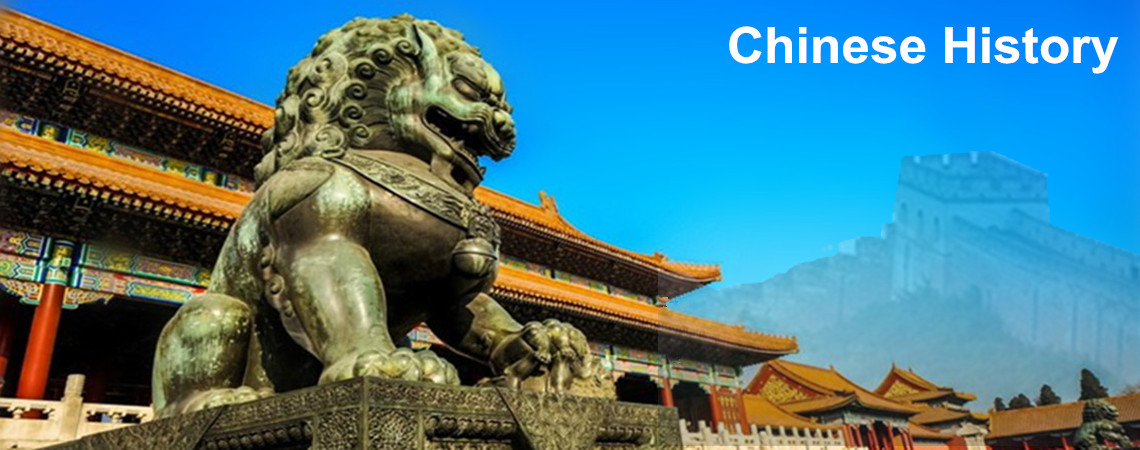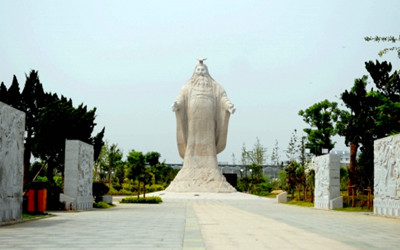
Emperor Yao 尧帝
 Legend has it that Emperor Yao ordered the design of the Chinese traditional calendar, which was to prove an effective reference for agricultural production. This, at least, implies that a big stride forward in agriculture was achieved in those times.
Legend has it that Emperor Yao ordered the design of the Chinese traditional calendar, which was to prove an effective reference for agricultural production. This, at least, implies that a big stride forward in agriculture was achieved in those times.
Emperor Yao filled his administration with talented and virtuous ministers, and would still go on seeking more for fear of neglecting them. A most repeated story was Yao’s visit to Xu You, a virtuous recluse who did not aspire to fame and fortune. Yao would offer to give up the throne to Xu You upon the belief that the latter would perform better. Xu You, however, promptly declined the offer, and considered this invitation so “dirty” that he washed his ears in the river.
Yao’s talent-seeking efforts paid off eventually. His senior ministers recommended Shun to him. After a fairly comprehensive examination, Yao was convinced of Shun’s ability as well as moral character, and abdicated in favour of him. Therewith, Yao set a good example of passing the throne to a virtuous and talented man rather than his own offspring.
A defining ideal cherished by Chinese Confucian scholars was to assist a ruler in governing a country while modeling him after ancient sage-rulers: Yao and Shun. Though probably more of a legend, Yao and Shun (sometimes plus Yu) have been collectively referred to as model sage-rulers in Chinese cultural context, who are morally perfect, diligent, benevolent, and with a good track record in administration.







 Ask Questions ?
Ask Questions ?